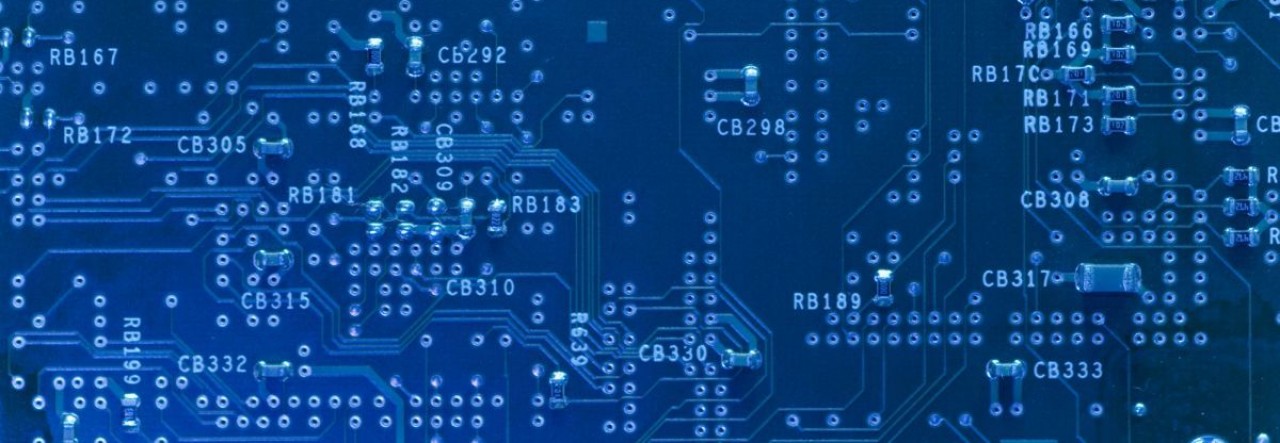I read a great essay recently (yes I know, I probably do too much reading) on the notion of the aggregate cognitive potential of the human race and how it is currently a largely untapped resource. Distilling it down to something digestible in once sentence, the idea is that the modern age has created the notion of free time and, so far, humans in the industrialized nations have largely used that free time to watch TV. It is a very optimistic article (I like that), in that it views the internet as ushering in a new era of tapping into this cognitive capacity. It cites as examples the Wikipedia and a Google Earth project out of Brazil.
This got me thinking (common theme here)… If the human race is essentially one giant computer that is currently idling, what are some things to watch for as it ponderously chugs to life over the course of the coming decades?
I think the distinction between understanding and information will become increasingly important. The two are not necessarily interdependent. I think there is some validity to the notion that you can have some measure of understanding with only very limited information. Driving a car is a great example. An example less dependent on our modern society (the car example only works because there are folks who have plenty of information like engineers and mechanics), is eating. Eating is a primal urge. The knowledge that one must eat to live is programmed into our DNA. One needs very little information beyond that basic urge.
On the other hand, information can exist in the near absence of understanding and be equally valuable. Consider the example of an emergency situation. A police officer tells you “GET OUT OF THE BUILDING NOW” and you go. You have an important piece of information and very limited knowledge of the overall situation. You can act on that information successfully in the near absence of deeper understanding.
The relationship is of course more complex than this – it requires pre-existing knowledge of the role of a policeman and the import of a tone of urgency. In the example of hunger, some information in terms of what to eat is required for success, but I think the basic premise is sound. At least it feels sound enough for the scope of this discussion.
So what is the implication of all of this as it pertains to “the human computer”? I think we are in an era of too much information and not enough understanding. Speaking in computer science terms, if understanding is the algorithm and information is the data, we have a 10TB dataset with about 100 lines of simple SQL code. I think the quality of the output produced by this human computer will be entirely determined by how sophisticated the programming gets. It is incumbant on the current generation to train the future one properly to act on the vast stores of information they have at their disposal in a way that is responsible and efficient. If we don’t, they might as well just continue watching TV.
